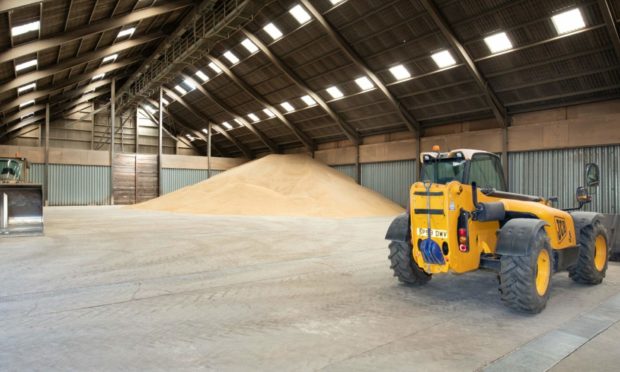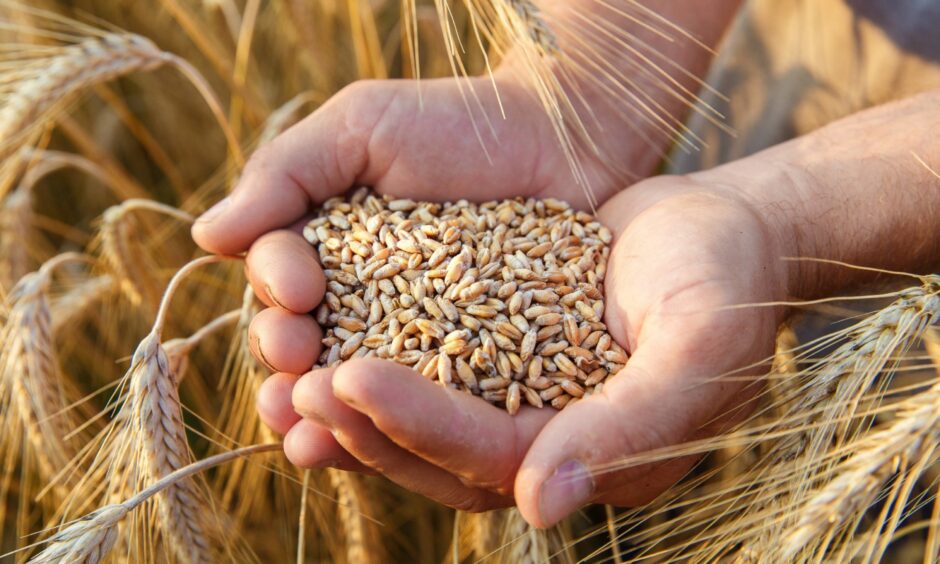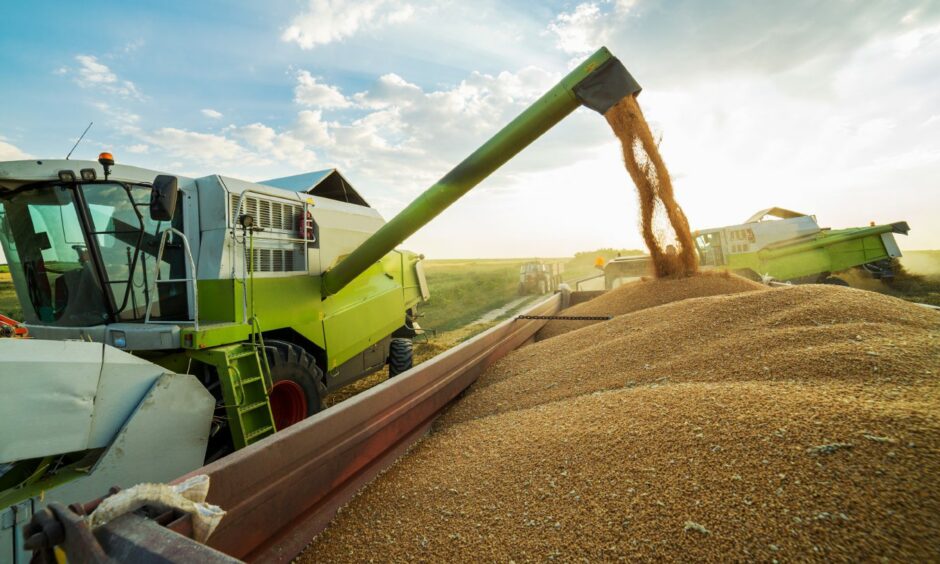Farmers, merchants and hauliers throughout Tayside and Fife are facing huge losses following the £70 million collapse of a major Scottish grain merchant.
Administrators brought in to untangle the affairs of Tranent-based Alexander Inglis & Son (AIS) have also unearthed massive deficits in grain stocks, with stored wheat levels as much as 90% lower than expected.
Creditor claims totalling more than £900,000 have been lodged by local businesses hoping to recoup cash.
They include: D M Carnegie Laurencekirk (£114,000), I & H Brown (Begg), Perth (£95,000), I Brown & Sons, Battleby (£121,000), Walker Munro Farms, Forfar (£35,000) and Alexander Simpson Ltd, Methven (£22,000).
The Tayside Grain Company, which is a wholly owned subsidiary of AIS, is owed £500,000, and smaller local creditors include a transport company, work wear and fuel suppliers.
The uncertain future of that plant is a further problem, with grain storage capacity for the current 2021 harvest causing farmers further headaches.
It is unclear at this stage what level of financial return – if any – the creditor firms can expect as the administrators continue their work to dispose of the group’s assets which include a major grain store at Errol.
The assessment by the administrators showed wheat stocks are 90% lower than those claimed for by creditors, malting barley is 60% short, feed barley 40% and oilseed rape 30%.
The grain stores at Errol (over which the Clydesdale Bank holds a standard security), Ormiston in East Lothian, Swarland in Northumberland and St Boswells are under offer, but even as harvest gets under way there is still no confirmation of the successful bidders or even if the stores will continue to be used for grain or the sites sold for development.
The administrators, Chad Griffin and Thomas Maclennan, state: “We anticipate the total deficiency for AIS could exceed £70 million.”
The administrators say the origins of IAS problems date back to around 2010 when the group had “significant exposure” to Philip Wilson (Grain) Ltd which entered into administration in 2012, when the group’s exposure was estimated to be £20m.
IAS speculation on property development failed to mitigate the losses, and during the last two years the administrators said the group faced increased pressure in its core grain trading business.
Volatility
The administrators state: “The group entered into futures contracts to hedge grain that was financed or owned by Maquarie Bank Ltd. Due to movements in commodity prices the group was required to make payments of margin calls.
“In 2020 this is understood to have been a significant issue with large cash outflows given high volatility in world grain markets and larger differences between old crop and new crop prices.
“In order to meet the margin calls stock was sold to raise liquidity. The group ran a short stock position and was unable to replenish the stock sold due to cash flow constraints, with the result being that over time stock levels reduced to finance trading losses and margin calls.
“The position deteriorated further during 2021.”
The administrators are now focused on the disposals of the four sites, carrying out the assessment of stock ownership and realising the remaining assets of IAS, Inglis Grain Driers and Tayside Grain Company Ltd.


